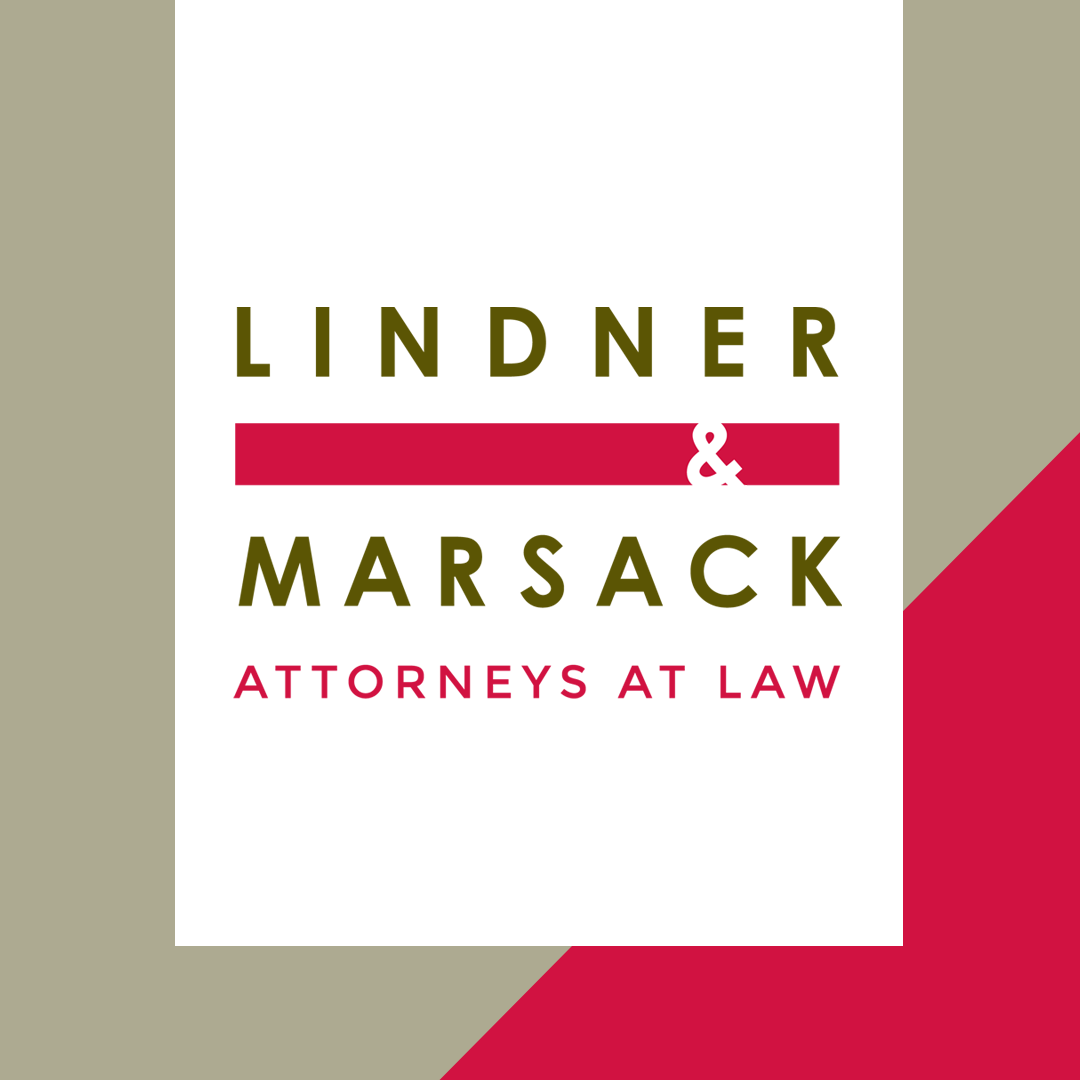By Sally A. Piefer In early November, the Biden administration announced additional steps it was taking to battle the COVID-19 pandemic. The U.S. Department of Labor’s Occupational Safety and Health Administration (“OSHA”) announced a new emergency temporary standard (“ETS”) which it claimed would “protect more than 84 million workers from the spread of the coronavirus on the […]

